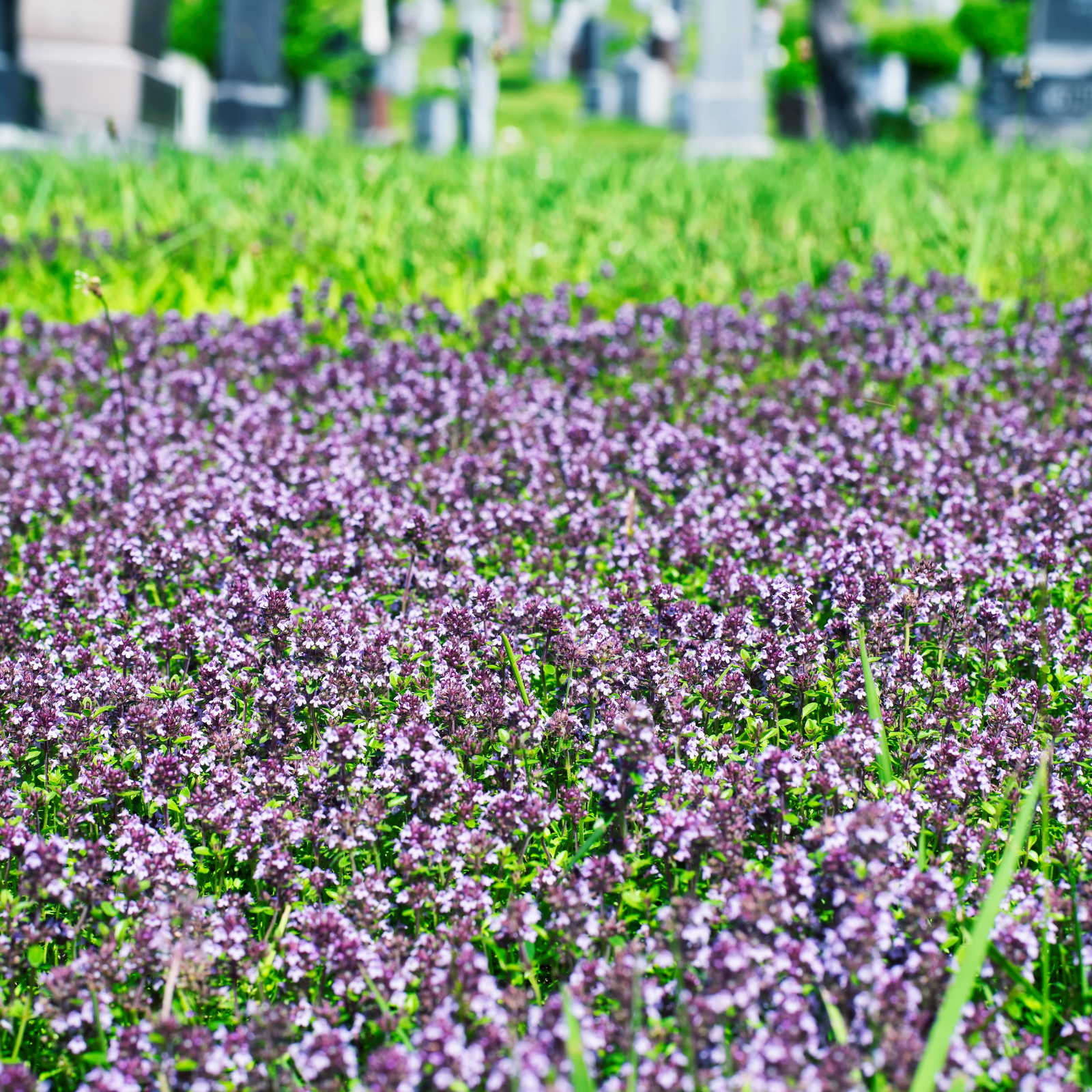Epsom Salt Rose Fertilizer: Should You Use Epsom Salt For Rose Bushes


Many gardeners swear by Epsom salt rose fertilizer for greener leaves, more growth, and increased blooming. While the benefits of Epsom salts as a fertilizer for any plant remains unproven by science, there is little harm in trying. As long as you do it right, you can experiment with using this mineral as a fertilizer throughout the garden.
Does Epsom Salt Help Roses?
Epsom salt is a form of the mineral magnesium sulfate. It’s a common product you’ll find in any drug store. Many people soak in it for relief from muscle aches and soreness. The name comes from the town of Epsom in England where the mineral was first found.
As for gardening, Epsom salts may be beneficial to plants because magnesium and sulfur are both trace nutrients. A deficiency in either of these nutrients could help a plant grow better. Specifically, sulfur is needed for proteins while magnesium promotes chlorophyll production and photosynthesis, seed germination, and nutrient uptake.
While research has not proven anything, many gardeners have reported benefits of Epsom salts for rose bushes including:
- Greener foliage
- More cane growth
- Faster growth
- More roses
Using Epsom Salt for Rose Bushes
Epsom salts and roses may not be something you’ve tried before, so be careful and follow the guidelines of rose gardeners experienced with the use of this mineral. Getting too much of a solution of Epsom salts on leaves, for instance, can cause scorching.
There are a couple different ways you can use Epsom salts for your roses. The first is to simply work the salts into the soil around the bushes. Use a half cup to three-quarters of a cup of Epsom salts per plant. Do this in spring each year.
Alternatively, water rose bushes with a solution of one tablespoon of Epsom salts per gallon of water. You can do this every couple of weeks throughout the growing season. Some gardeners also see benefits of using the solution as a foliar spray. Avoid using too much Epsom salts in this application because of the risk of scorching.
Gardening tips, videos, info and more delivered right to your inbox!
Sign up for the Gardening Know How newsletter today and receive a free copy of our e-book "How to Grow Delicious Tomatoes".

Mary Ellen Ellis has been gardening for over 20 years. With degrees in Chemistry and Biology, Mary Ellen's specialties are flowers, native plants, and herbs.
-
 Get Ready For A Summer Of Hummers! Grow These Full Sun Hummingbird Plants and Flowers
Get Ready For A Summer Of Hummers! Grow These Full Sun Hummingbird Plants and FlowersIf you’re lucky enough to enjoy a sunny backyard, make sure you are maxing out on your pollinator opportunities and grow these full sun hummingbird plants and flowers
By Tonya Barnett
-
 12 Lush Alternatives To A Lawn For Sustainable Spaces
12 Lush Alternatives To A Lawn For Sustainable SpacesAlternatives to a lawn are beautiful and also beneficial to your local ecosystem and its pollinators. Explore our top picks for plants to replace grass.
By Tonya Barnett